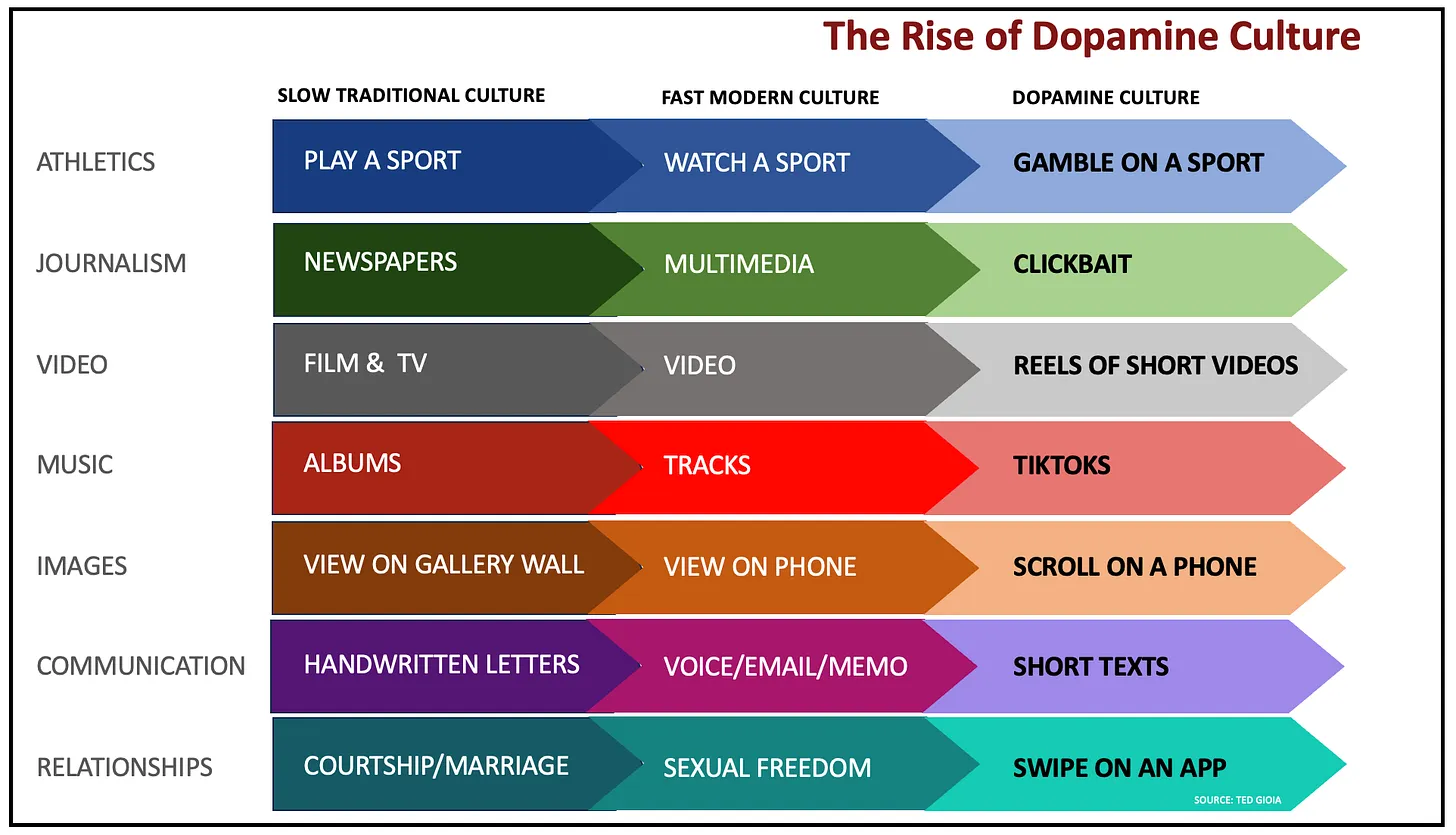reply to jameslongley at https://forum.zettelkasten.de/discussion/2532/personal-knowledge-management-is-bullshit
I find that these sorts of articles against the variety of practices have one thing in common: the writer fails to state a solid and realistic reason for why they got into it in the first place. They either have no reason "why" or, perhaps, just as often have all-the-reasons "why", which may be worse. Much of this is bound up in the sort of signaling and consumption which @Sascha outlines in point C (above).
Perhaps of interest, there are a large number of Hypothes.is annotations on that original article written by a variety of sense-makers with whom I am familiar. See: https://via.hypothes.is/https://www.otherlife.co/pkm/ Of note, many come from various note making traditions including: commonplace books, bloggers, writers, wiki creators, zettelkasten, digital gardening, writers, thinkers, etc., so they give a broader and relatively diverse perspective. If I were pressed to say what most of them have in common philosophically, I'd say it was ownership of their thought.
Perhaps it's just a point of anecdotal evidence, but I've been noticing that who write about or use the phrase "personal knowledge management" are ones who come at the space without an actual practice or point of view on what they're doing and why—they are either (trying to be) influencers or influencees.
Fortunately it is entirely possible to "fake it until you make it" here, but it helps to have an idea of what you're trying to make.
